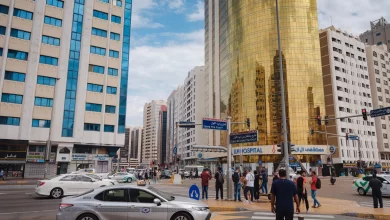The World Health Organization (WHO) has declared the mpox outbreaks in the Democratic Republic of Congo and other parts of Africa a global health emergency, as the virus continues to spread among children and adults across more than a dozen countries.
A new variant of the virus is also emerging, with limited vaccine availability on the continent.
Earlier this week, the Africa Centers for Disease Control and Prevention (Africa CDC) also categorized the mpox outbreaks as a public health emergency. Over 500 deaths have been reported, prompting calls for international assistance to curb the virus’ spread.
“This is a matter of global concern… The potential for further spread within Africa and beyond is highly alarming,” said WHO Director-General Dr. Tedros Adhanom Ghebreyesus.
The Africa CDC previously reported that mpox, also known as monkeypox, has been identified in 13 countries this year, with over 96% of cases and deaths occurring in the Democratic Republic of Congo. Compared to the same period last year, cases have surged by 160%, with a 19% increase in deaths. To date, more than 14,000 cases and 524 deaths have been recorded.
“We are now facing a situation where mpox poses a significant risk to neighboring countries in and around Central Africa,” said Salim Abdool Karim, a South African infectious diseases expert and chair of the Africa CDC emergency group.
He added that the new mpox variant originating from Congo has a death rate of approximately 3-4%.
In 2022, the WHO declared mpox a global emergency after it spread to over 70 countries that had not previously reported cases. That outbreak primarily affected gay and bisexual men, with a fatality rate of less than 1%.
Michael Marks, a professor of medicine at the London School of Hygiene and Tropical Medicine, emphasized that declaring the recent outbreaks in Africa a global emergency is justified if it leads to increased support to contain the virus.




